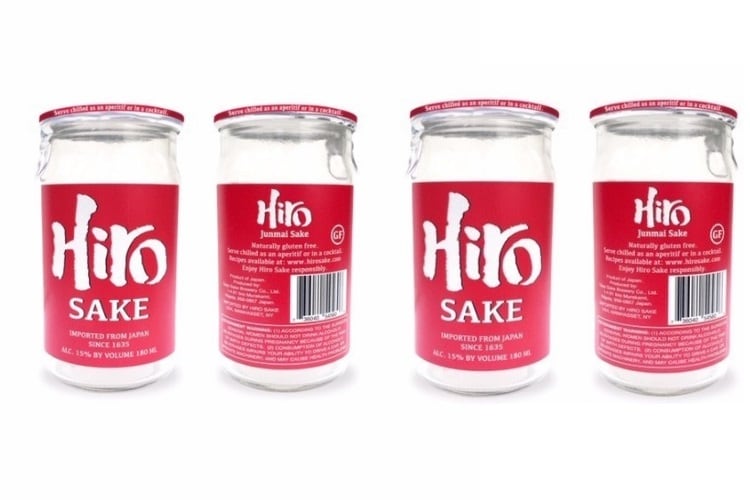Such a policy is already in place in Canada and Eastern Europe, and academics at La Trobe University belive it could reduce drinking in Australia by 1.5 standard drinks per week on average, and by 12 drinks per week for harmful drinkers – a claim disputed by the nation’s trade association for the sector.
La Trobe Centre for Alcohol Policy Research (CAPR) health economist Dr Jason (Heng) Jiang said that while affordability had not changed, “in contrast, alcohol-related hospitalisations, emergency department and ambulance presentations, assaults and community-based specialised drug and alcohol treatment episodes have steadily increased in Australia.”
The paper found that on average, Australian drinkers consumed 14 standard drinks per week. Compared with moderate drinkers, harmful drinkers consumed a 17 times greater amount of alcohol per week (4.6 vs 80.7 standard drinks).
Average weekly alcohol spending by harmful drinkers was 11 times higher than spending by moderate drinkers ($178.40 vs $20.90). CAPR researchers also found 62 per cent of alcohol consumed by Australian drinkers was retail/take-away regular beer and bottle wine.
Dr Jiang analysed 2013 survey data of 1,789 Australian adults to reveal, for the first time, the effects of pricing policy initiatives on alcohol consumption in different drinking, income and age subpopulation groups.
“Minimum unit price policies primarily affect prices of low-cost beverages, nearly always sold off-premise, while a uniform excise tax would increase prices of almost all on- and off-sale beverages substantially, though with a smaller impact on spirits,” Dr Jiang said.
The researchers’ findings, published in Addiction and funded by the National Health and Medical Research Council, included:
- Introducing a MUP of $1.30 per standard drink across Australia (equal to the current floor price in the Northern Territory) could see alcohol consumption fall by 10.7 per cent (1.5 standard drinks per week) on average; 14.2 per cent (12 standard drinks per week) among harmful drinkers; and 3 per cent (0.2 standard drinks per week) among moderate drinkers
- Applying a uniform excise tax rate of $0.97 per standard drink (equal to the 2013 spirits tax rate) across all beverages could generate a similar impact to the $1.30 MUP policy, but with greater impact on moderate drinkers, with an 8.8 per cent fall in consumption (0.4 standard drinks per week)
- Introducing a MUP at $1.30 or $1.50 has the potential to improve health inequalities in Australia, as it could reduce consumption particularly among harmful drinkers and lower income drinkers, with comparatively smaller impacts on moderate drinkers and higher income drinkers
“Although applying a uniform tax rate across all beverages or introducing a $1.30 minimum unit price across all states and territories could have a similar impact on overall alcohol consumption, the beneficiaries are quite different,” Dr Jiang said.
“The former will increase tax revenue for the federal government while the latter will only increase sales revenue, benefitting alcohol retailers, wholesalers and/or producers.
“Our findings show it's time we had a discussion on alcohol pricing or tax reform in Australia."
Trade association Alcohol Beverages Australia said all Australian consumers would pay more for alcohol if Minimum Unit Pricing (MUP) is implemented.
“It’s a blunt instrument that forces the majority of responsible drinkers to pay more and takes a proportionally greater amount from those on lower incomes,” said CEO Andrew Wilsmore.
“The buying habits of heavy drinkers and those with substance abuse problems do not respond to price increases. This inelasticity of demand demonstrates that MUP effectively punishes responsible drinkers, while doing nothing to help people who really need help with their alcohol consumption.”
“When Australia already has one of the highest taxes on alcohol in the OECD, we should be supporting targeted education programmes and measures around responsible drinking, rather than further raising prices for everyone.”
The organisation added that alcohol consumption was at a 50-year low in Australia with the ‘new normal’ being moderate consumption across the board.
“Therefore, we can’t see any benefit to Minimum Unit Pricing”, he added.
Source: Addiction
https://doi.org/10.1111/add.14898
“Modelling the effects of alcohol pricing policies on alcohol consumption in subpopulations in Australia”
Author; Heng Jiang, et al.




